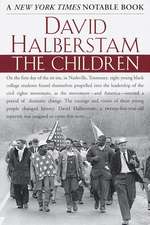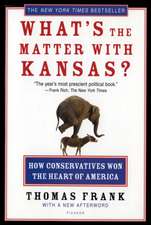Early Spokane
Autor Don Popejoy, Penny Huttenen Limba Engleză Hardback – 31 oct 2010
| Toate formatele și edițiile | Preț | Express |
|---|---|---|
| Paperback (1) | 130.97 lei 3-5 săpt. | |
| Arcadia Publishing (SC) – 31 oct 2010 | 130.97 lei 3-5 săpt. | |
| Hardback (1) | 180.54 lei 6-8 săpt. | |
| Arcadia Library Editions – 31 oct 2010 | 180.54 lei 6-8 săpt. |
Preț: 180.54 lei
Nou
Puncte Express: 271
Preț estimativ în valută:
34.57€ • 35.28$ • 29.09£
34.57€ • 35.28$ • 29.09£
Carte tipărită la comandă
Livrare economică 25 februarie-11 martie
Preluare comenzi: 021 569.72.76
Specificații
ISBN-13: 9781531653927
ISBN-10: 1531653928
Pagini: 130
Dimensiuni: 170 x 244 x 10 mm
Greutate: 0.41 kg
Editura: Arcadia Library Editions
ISBN-10: 1531653928
Pagini: 130
Dimensiuni: 170 x 244 x 10 mm
Greutate: 0.41 kg
Editura: Arcadia Library Editions
Notă biografică
Descriere
Descriere de la o altă ediție sau format:
Spokan Falls, known as the "Capital of the Inland Empire," was named after the Spokan Indians and the picturesque falls. In 1891, the name was changed to Spokane. The town thrived as a result of the abundant waters of the Spokane River, which powered saw and grain mills, and lured major transcontinental railways to Spokane in 1881. In 1889, a fire destroyed the downtown area, but like a forest after a fire, the town enjoyed growth and resurgence soon after. Spokane would attract people as diverse as Pres. Theodore Roosevelt, Calamity Jane, Billy Sunday, and Charles Lindbergh. Easterners found that its four seasons and profusion of scenic city parks gave them a place to ensure their destiny.
Spokan Falls, known as the "Capital of the Inland Empire," was named after the Spokan Indians and the picturesque falls. In 1891, the name was changed to Spokane. The town thrived as a result of the abundant waters of the Spokane River, which powered saw and grain mills, and lured major transcontinental railways to Spokane in 1881. In 1889, a fire destroyed the downtown area, but like a forest after a fire, the town enjoyed growth and resurgence soon after. Spokane would attract people as diverse as Pres. Theodore Roosevelt, Calamity Jane, Billy Sunday, and Charles Lindbergh. Easterners found that its four seasons and profusion of scenic city parks gave them a place to ensure their destiny.







